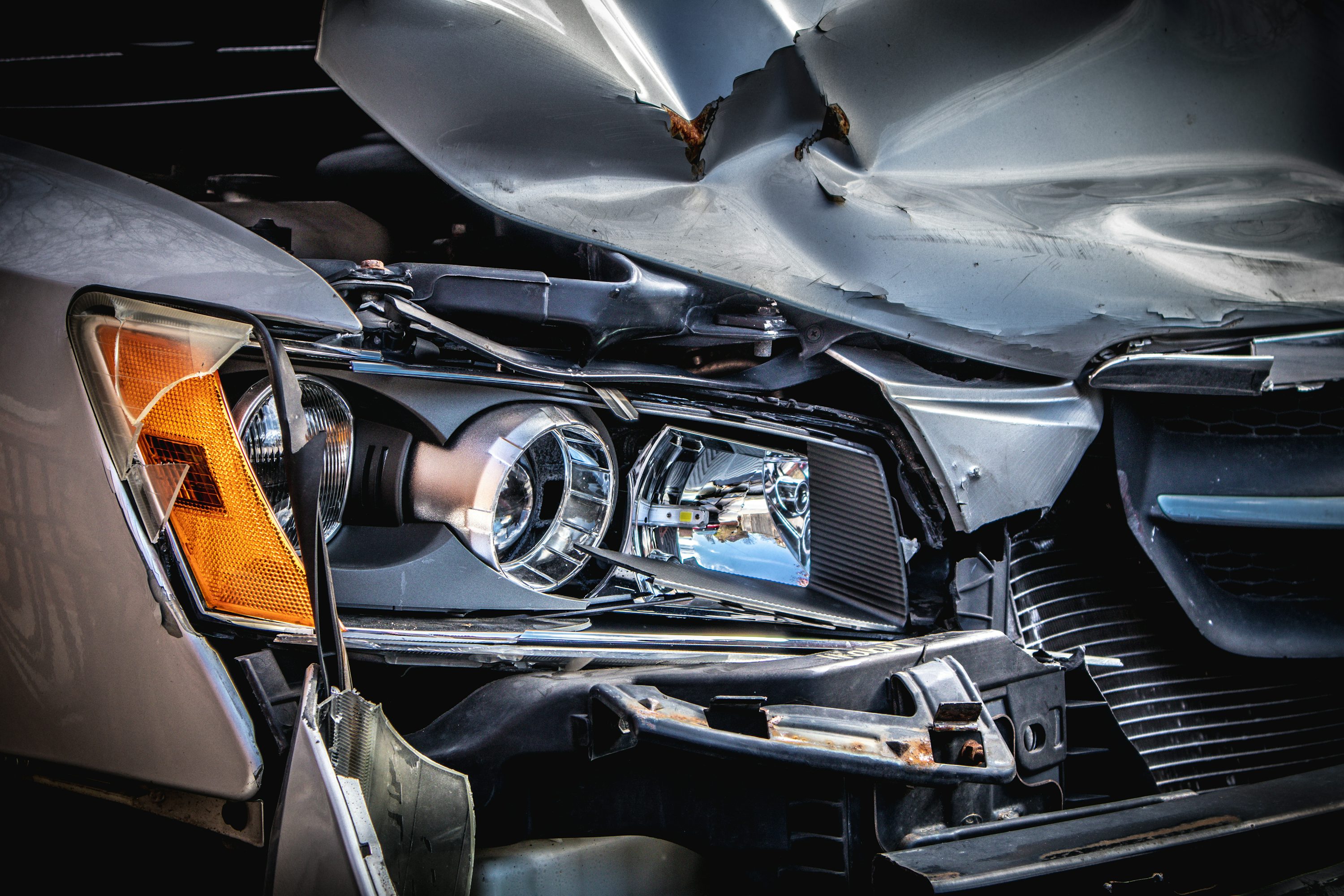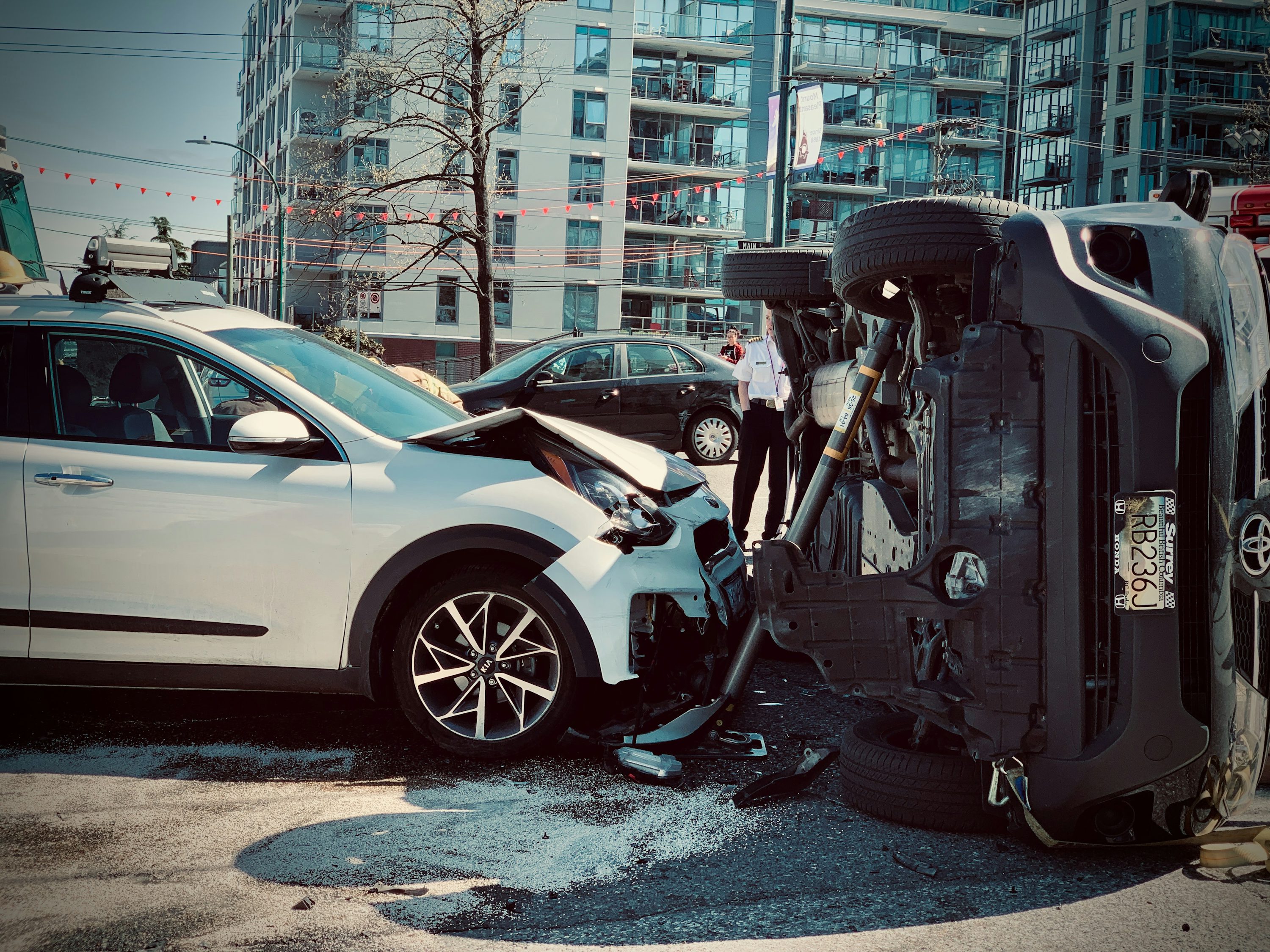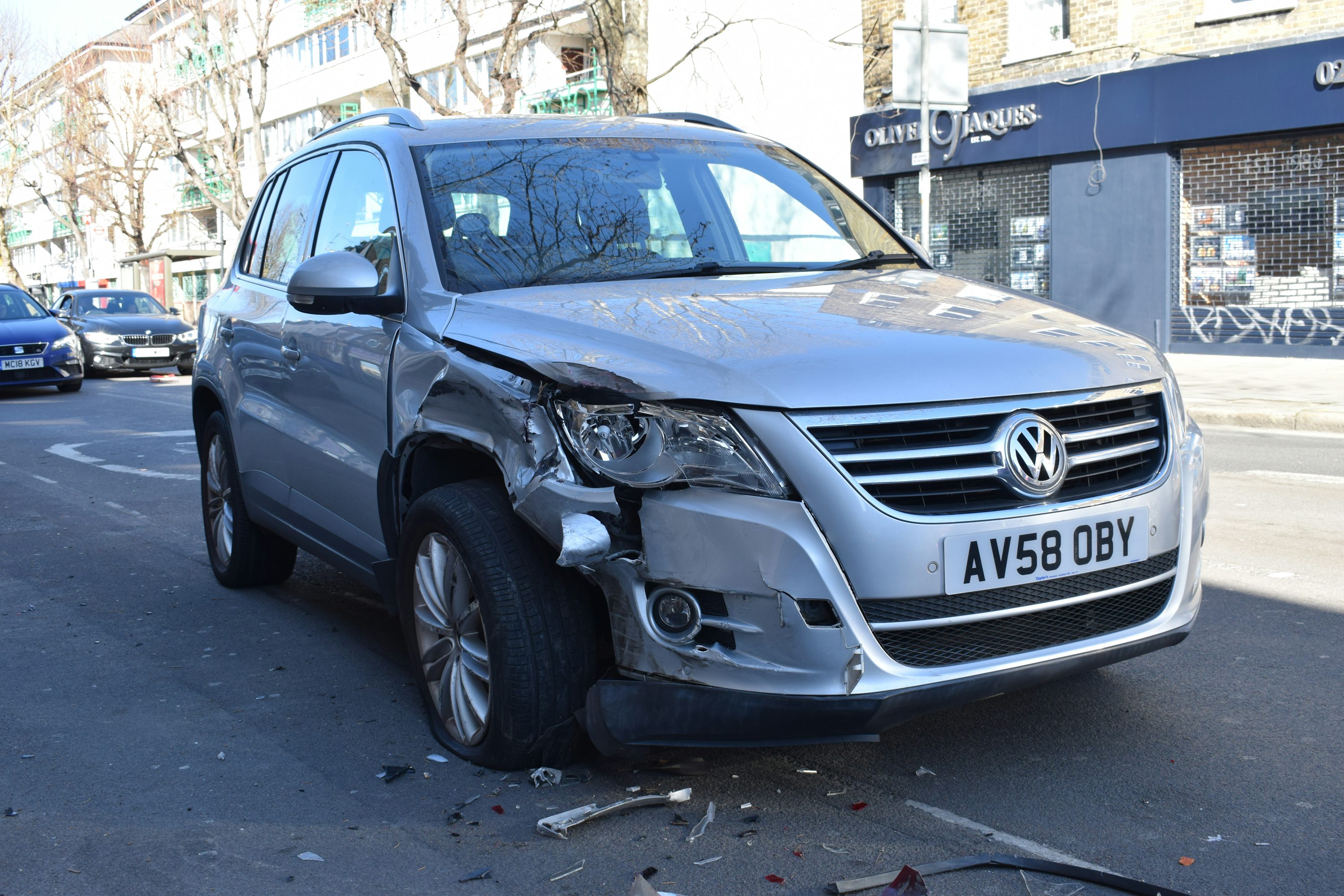- Why Check Car Accident History in Dubai?
- Simple Ways to Check Accident History
- Comparing Accident History Checking Methods
- FAQ
Looking to buy a used car in Dubai? Before you commit, learn how to check accident history of a car in Dubai to ensure a safe and smart purchase. This guide will show you easy ways to find out.
Why Check Car Accident History in Dubai?
When you plan to buy a pre-owned vehicle in Dubai, checking its past is very important. This simple step can save you from big problems later. A car might look good on the outside, but it could have hidden damage from past accidents. This damage can affect how safe the car is to drive. It also lowers the car's real worth. You don't want to buy a car only to find out it needs expensive repairs soon. By looking into its accident history, you protect your money and ensure you get a safe, reliable vehicle. This helps you avoid future repair bills and gives you peace of mind.
Simple Ways to Check Accident History
1. Official RTA Vehicle Report
The Road and Transport Authority, or RTA, is the main government body for transport in Dubai. They offer an official report for any car registered here. This is one of the most reliable ways to check a car's past.
How to get an RTA report:
Go to the official RTA website or use their mobile app.
You will need the car's plate number or its VIN. The VIN, or Vehicle Identification Number, is like the car's unique fingerprint. It's a 17-character code usually found on the dashboard, driver's side door, or vehicle registration papers.
Pay a small fee. This usually costs around 100 AED or 100 SAR.
After payment, you will get an instant report.
This report will tell you important facts about the car's history, such as:
Dates and places of any reported accidents
Details about repairs that were reported to the RTA
Records of insurance claims related to accidents
Whether the car was declared a total loss
2. Digital VIN Decoder Services
Besides the RTA, there are private companies that offer VIN decoder services. These are online platforms dedicated to giving you a deep look into a car's history. They collect information from many different sources across the UAE and sometimes even beyond.
How these services work:
You type in the car's VIN into their website.
These services then search through various databases. This includes UAE insurance databases, police reports, and records from maintenance centers. Some also check data from car dealerships and other vehicle registries.
You pay a fee, which can range from 50 to 300 AED or 50 to 300 SAR, depending on how detailed the report is.
These reports often include:
Past accident reports and their severity
Service records and maintenance history
Number of previous owners
Whether the car has been used as a taxi or rent-a-car
Any recalls or major issues reported
3. Physical Inspection at Service Centers
Even with digital reports, a physical inspection by a trusted mechanic is vital. This is often called a pre-purchase inspection. It helps uncover damage that might not show up in written records. A trained eye can spot signs of an accident even if repairs were done well.
What a mechanic looks for during an inspection:
Frame misalignment:This means the car's main structure is bent, which is a major safety concern.
Inconsistent paintwork:Different shades of paint or rough areas can mean a car has been repainted after damage.
Replacement parts:Mechanics can tell if parts are original or if they've been swapped out, pointing to previous repairs.
Fluid leaks:Signs of issues that might be related to impact damage.
Tire wear and suspension:These can show if the car has structural problems.
Engine and transmission health:To ensure no hidden mechanical issues stemming from an accident.
This comprehensive vehicle damage check usually takes one to two hours. Fees usually start from around 200 AED or 200 SAR, but can go up to 500 AED or 500 SAR for very thorough checks.
4. Ask for Insurance History
Asking the seller for the car's insurance history is another smart step. Insurance companies keep detailed records of any claims made against a car. This information can reveal past accidents and repairs, even minor ones.
What to look for in the insurance history:
Claim frequency:If a car has many claims, it might suggest it's been in multiple accidents.
Repair cost amounts:High repair costs often mean serious damage.
Replacement parts used:This can confirm if original parts were replaced with non-OEM (aftermarket) parts.
Remember, insurance companies can only share this data with the car owner's permission. A seller who is open and honest will usually be happy to provide this. If they refuse, it might be a red flag.
Comparing Accident History Checking Methods
Each method for checking a car's accident history in Dubai has its own strengths. Using a combination of these methods gives you the best picture.
RTA Official Report:
Cost:Around 100 AED or 100 SAR.
Time:You get the report instantly online.
Details:Provides legal records of police-reported accidents and associated insurance claims. It's an official government record.
Best for:Quick verification of major reported incidents.
Digital VIN Decoder Services:
Cost:From 50 to 300 AED or 50 to 300 SAR, depending on the report's depth.
Time:Takes about 10 to 60 minutes to receive the report.
Details:Often includes a wider range of data like detailed repair history, maintenance records, and number of previous owners.
Best for:A comprehensive online background check beyond just accident reports.
Physical Inspection by a Garage:
Cost:From 200 to 500 AED or 200 to 500 SAR.
Time:Usually takes 1 to 2 hours.
Details:Uncovers physical evidence of structural damage, quality of repairs, and any hidden mechanical issues.
Best for:Detecting unreported damage or poor repair work that digital records might miss. It's crucial for confirming the car's true condition.
For the most thorough vehicle damage check and peace of mind, it is always recommended to use both digital reports and a physical pre-purchase inspection.
FAQ
Q:Can I check accident history for free in Dubai?
A:Getting detailed or official accident history reports for free in Dubai is generally not possible. Official reports from the RTA or comprehensive VIN decoder services come with a fee. This is because these services gather and provide valuable, verified data. You might be able to get some limited free information by visually inspecting the car yourself or by asking the seller for any existing service records or past insurance claim documents they might have. However, to get a full picture and truly learn how to check accident history of a car in Dubai, you will need to pay for a report.
Q:What if the seller won’t share the VIN?
A:If a seller refuses to give you the VIN, or Vehicle Identification Number, you should be very careful and consider walking away from the purchase. The VIN is key to checking a car's history, and hiding it often means the seller has something to hide. It could be signs of major undisclosed damage, a problematic past, or other issues they don't want you to find. A legitimate and honest seller will be open and willing to provide the VIN so you can do your due diligence and check the car's background, including its accident history.
Q:Do reputable car showrooms disclose accident reports in Dubai?
A:Yes, reputable car dealerships and showrooms in Dubai are expected to be transparent about a vehicle's past, including its accident history. Under UAE consumer protection laws, they are generally required to disclose any known significant damage or issues. It's always a good idea to proactively ask for any available accident reports or history checks before you make a purchasing decision. If a dealership hesitates or refuses to provide this information, it's a sign to be cautious and seek your own independent vehicle damage check.
Read More:
VW Tiguan Coolant Guide:Where to Put Coolant











